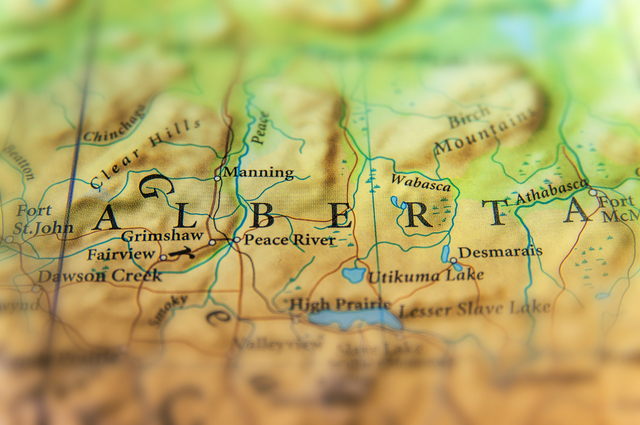
The Alberta government was given multiple opportunities to participate in this article, and while contact was received, no information on the grant program was shared.
In the next six months, the Alberta Small Brewers Development Program must change or be shut down. Enacted in 2016, the program has been providing a monthly grant to Alberta breweries that produce and sell up to 300,000 hectoliters of product each year — that’s under 250,000 barrels — so basically almost every brewery in Alberta. The grants are actually based on a participant’s monthly cumulative sales (the exact math is right here). It’s apparently helped 46 new craft breweries start up and/or succeed across the western Canadian province, which is a cool thing, but it’s also become a highlight case for Canada’s tax laws and interprovincial protectionist policies, which is not a cool thing. The program is accused of being a shell game that paid Alberta brewers back for the beer tax the province enacted a couple of years ago around the same time, and after trade complaints and a big lawsuit, government officials are beginning to agree.
Let’s start with taxes
Earlier this year, Beer Canada (representing 48 Canadian brewers) launched a campaign called Axe the Escalating Beer Tax to fight what they called runaway taxation in the country, noting “taxes are already 47 percent of the cost of a bottle of beer.” The organization is quick to note that Canadians pay five times the beer tax that Americans do, and even crazier, a federal excise escalator tax went into effect that raises beer taxes by 2 percent each year to compensate for inflation (more on that below). The demise of the aforementioned Alberta development program is very much tied to the predatory tax laws that are souring the alcohol markets in both Alberta and Canada.
Let’s go back to 2015: Alberta introduced a $1.25 markup tariff tax on beers from provinces outside of the New West Partnership (a trade agreement between the governments of British Columbia, Alberta and Saskatchewan). At first, beer producers and beer importers from Alberta, British Columbia and Saskatchewan paid a graduated markup, which allowed reduced rates for breweries with small annual production. The other province players (regardless of size) paid a flat $1.25. As you might expect, this did not sit well with beer pros from other provinces. In July 2016, Calgary-based Artisan Ales Consulting Inc. (a distributor and importer of 28 beers brewed in Canada and Europe — nameplates like Dieu du Ciel, Le Trou du Diable, Charlevoix, De Ranke and Tilquin) requested that a Person to Government proceeding be initiated in respect to these unfair markups applied to beer imported only from certain Canadian provinces into Alberta.
“My company is on life support where three years ago we were looking at growing,” said Mike Tessier, noting that Artisan Ales sales are roughly 1/6 of what they used to be.“We filed our complaint based on the first application of the policy, which explicitly gave a different — much lower — markups or taxes to microbeweries from the three western provinces,” explained Mike Tessier, whose title is chief purveyor of fine suds at Artisan Ales. “With the first application, the minister broke every trade agreement that Canada and Alberta are part of, except the New West Partnership, so beer from Saskatchewan, British Columbia and Alberta all got the benefits of the first program. I mainly work with beers from Quebec and Europe. We couldn’t understand why it was important to honor one trade agreement and ignore many others. We thought this was wrong, and we have been told three times now we are right. I lost shelf space to a flood of BC breweries on the first application. Canadian should be Canadian was our view.”
Not so coincidentally, after the complaint (like the same month, July 2016), the policy was changed to a flat tax applied to everyone, regardless of where the beer was made, but that wasn’t the end of it. It was just the beginning of the Alberta Small Brewers Development Program, which was also announced in July 2016 and ended up being just a rebate scheme which essentially reduced the tax rates for Alberta’s craft breweries back to the previous structure through grants.
“The beer markup in Alberta is significant,” admitted Neil Herbst, chair of Alberta Small Brewers Association and owner of Edmonton’s Alley Kat Brewery, “but I don’t think overly different than other provinces. The difference was that the province moved from a graduated markup based on production levels to a flat markup of $1.25 per litre.”
But these ideas are changing/evolving. Just a few weeks ago, an appeal panel under Canada’s Agreement on Internal Trade upheld an earlier decision that Artisan Ales is correct. These Alberta provincial grants aimed at assisting Alberta craft brewers make the beer business in the province unfair and violate interprovincial trade rules, but the ruling was a little late and more than a few dollars short for some.
“My company is on life support where three years ago we were looking at growing,” said Tessier, noting that Artisan Ales sales are roughly 1/6 of what they used to be.
Alberta Small Brewers Development Program sued
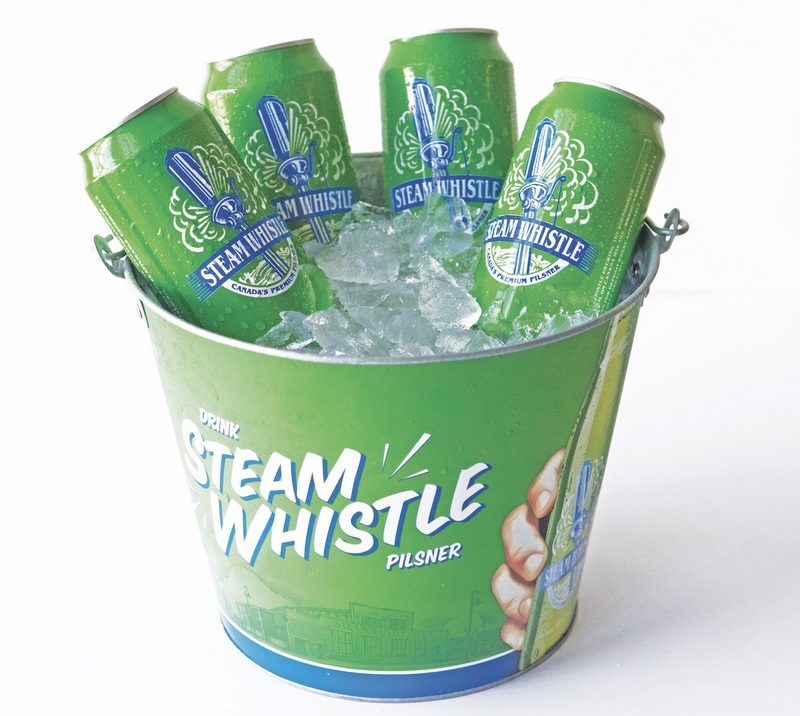 Artisan Ales was not alone. Toronto, Ontario-based Steam Whistle Brewing and Saskatoon, Saskatchewan-based Great Western Brewing Co. are nearing the end of lawsuit over the Alberta government’s beer markup policy. The court filing specifically contends that much of that $1.25 per litre tax is returned to Alberta beer producers in the form of grants from the Alberta Small Brewers Development Program. These breweries say that the grants are an unconstitutional trade barrier violating Canada’s Agreement on Internal Trade (a partnership to reduce and eliminate barriers between the provinces), and they’ve won.
Artisan Ales was not alone. Toronto, Ontario-based Steam Whistle Brewing and Saskatoon, Saskatchewan-based Great Western Brewing Co. are nearing the end of lawsuit over the Alberta government’s beer markup policy. The court filing specifically contends that much of that $1.25 per litre tax is returned to Alberta beer producers in the form of grants from the Alberta Small Brewers Development Program. These breweries say that the grants are an unconstitutional trade barrier violating Canada’s Agreement on Internal Trade (a partnership to reduce and eliminate barriers between the provinces), and they’ve won.
“The judge has ruled in Steam Whistle’s favor that the markups for out-of-province brewers from October 2015 and subsequent repackaging of those markups with a rebate system for Alberta breweries is unconstitutional,” explained Tim McLaughlin, director of marketing for Steam Whistle, a brand that prides itself on its premium pilsner lager. “The legislation was struck down, and Alberta will now have six months to introduce new legislation. It is a great day for the free flow of goods across our country and for consumers that can now enjoy great food and drink from all provinces without tariff.”
In fact, last week the Calgary Court of Queen’s Bench Justice Gillian Marriott ordered the Alberta government to pay $2.1 million in restitution to Steam Whistle and Great Western after finding that these policies implemented by the Alberta Gaming and Liquor Commission were unconstitutional.
Of course, outrageous taxes are not just an Alberta thing. Enjoy some frightening Canadian tax facts: Since 2012, provincial taxes on beer have increased 58 percent in Quebec, 18 percent in Ontario, 19 percent in Manitoba, 24 percent in Saskatchewan and 28 percent in Alberta — according to Beer Canada. What’s worse? That 2 percent federal excise tax we mentioned went into effect in March 2017, and it goes up. So looking forward, Canadian beer drinkers will be taxed 2 percent more each year for a beer product. That escalator kicked in on April 1 of this year, yet somehow Alberta still sticks out for it taxes.
“Alberta has the highest markup on micro beer,” said Tessier. “Every other province still uses a small brewers program that gives the small breweries a lower rate. It’s true taxes are high all over Canada, but our main concern is that they are applied fairly and consistently.”
Protectionist policies are all over Canada
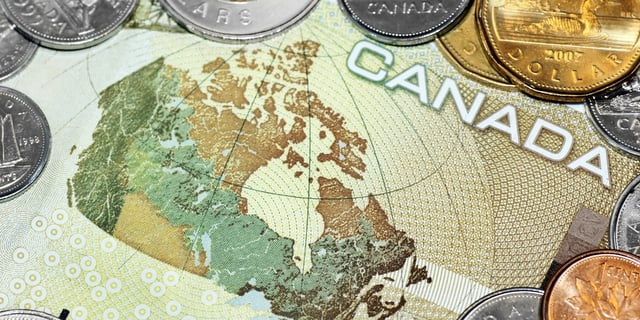
Protectionism is a Canadian problem — rather a global problem (looking at you, USA) — not just an Alberta problem. The Alberta Small Brewers Association likes to note that Alberta is actually the only province that allows the free flow of beer across provincial borders. Every province other than Alberta is controlled by liquor control boards. Many see these liquor control boards as gatekeepers to retail success as they use their control over government-owned liquor stores to promote local products with preferred placement and promotion.
“The Alberta beer retail system is an open market,” Herbst said. “The province does not control what beers are sold, nor where those beers come from. As a result, any brewery on the planet is welcome to sell beer in Alberta by listing it and meeting federal labeling requirements. Other provinces have non-tariff barriers such as limiting listings, charging differential handling fees, having tasting panels and specific package requirements.”“The Alberta beer retail system is an open market,” Herbst said. “The province does not control what beers are sold, nor where those beers come from. As a result, any brewery on the planet is welcome to sell beer in Alberta by listing it and meeting federal labeling requirements. Other provinces have non-tariff barriers such as limiting listings, charging differential handling fees, having tasting panels and specific package requirements.”
And it’s not like Alberta is the only province giving breweries grants. Ontario, for instance, offers millions in grants to its breweries. This May, the Ontario government contributed some $300,000 to help develop the world’s first beer brewed from cannabis. Thumbs up, Ontario. In April of this year, Ontario announced it was also investing in 16 local breweries to help expand economic opportunities, increase tourism and create jobs specifically across the north. Check the big stats from this press release.
“We are not against grants for small brewers,” McLaughlin said. “We took issue with the way in which this [Alberta grant] legislation was structured as essentially a rebate that created a tariff on out-of-province beers. As a leader in craft brewing, we see a need to create an environment where craft breweries are able to freely sell their product without penalty across provincial lines. We are all Canadian. Consumers should be able to enjoy oysters from PEI, Alberta beef, peaches from Niagara without tariffs.”
The government thinks very differently. In fact, in April of this year, the Supreme Court of Canada unanimously ruled that Canadians actually do not have a constitutional right to buy and transport alcohol across provincial borders without impediments. Wait. What about Canada’s Agreement on Internal Trade? The ruling came about after Gerard Comeau was halted at the New Brunswick-Quebec border back in 2012 and fined nearly $300 for violating the New Brunswick Liquor Control Act. He was caught in an actual sting operation, transporting 14 cases of beer, two bottles of whisky and a bottle of liqueur over the border. New Brunswick (like most provinces) sets a limit on alcohol re-entering the province (12 pints of beer per person, for instance). This was also seen as a test case for protectionist policies between Canadian provinces. From CBC Radio One:
The court’s decision could “radically reform the Canadian economy,” according to Michel Kelly-Gagnon, president and CEO of the Montreal Economic Institute, an independent, non-profit research and educational organization, which is also an intervener.
“If the court rules in favour of the free, unrestricted movement of goods between the provinces, this will not only call into question the provincial alcohol monopolies, but many other trade barriers could also disappear,” Kelly-Gagnon said in a statement.
This, of course, did not happen. After a five-year legal battle, Comeau lost his case. It’s a watermark example of modern Canada’s protectionist policies for provinces. For starters, alcohol sales and taxes represent an enormous source of income for provincial coffer mongers. That’s why alcohol sales are a battle ground business category.
MY WORTHLESS ADVICE: Particularly with the hostile business climate being fostered by the U.S. government’s current trade war, Canada would be wise to realize that the free flow of goods across its own provincial borders is vital to creating a thriving economy. That’s why it was important for the Alberta Small Brewers Development Program to end or be amended.
“Without a doubt, despite having signed a free trade agreement between all the provinces, territories and the federal government, Canada has ongoing trade issues within the country, and it goes beyond beer,” said Tessier. “That’s actually the reason why the complaint and tribunal system exist within the agreement. I don’t disagree that the liquor systems in the other provinces can be restrictive and difficult to navigate. This is often due to the fact that the provincial governments control the full value chain. The liquor boards decide what comes in, and they run all or most of the retail stores.
“That said, instead of taking on other jurisdictions and fighting for more market access for its breweries, Alberta chose to focus its heft and firepower on a small business, us, which was also local and contributing to the Alberta economy. Again, we believe the Alberta government could have supported the Alberta craft beer industry without breaking trade laws and other agreements,” Tessier concluded.
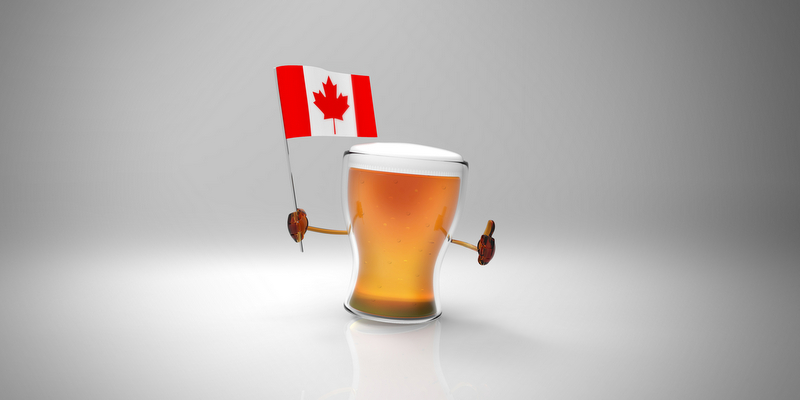
That’s not the end of the story. Heavens no. Alberta Finance Minister Joe Ceci has noted many times the grant program will adapt. He’s also quick to point out that other Canadian provinces have their own protectionist policies to clean up, so the airing of grievances shall continue. From The Star Edmonton:
“We are going to find ways to support [Alberta craft brewers] that don’t have the same challenges or difficulties that the previous program had,” Ceci said.
He also slammed other provinces for their own policies that inhibit trade in Prairie-brewed beer and liquor, such as the tax breaks the Ontario government provides to wines that pass the Vintners Quality Alliance tasting panels. The VQA evaluates the quality of wines made entirely from Ontario grapes.

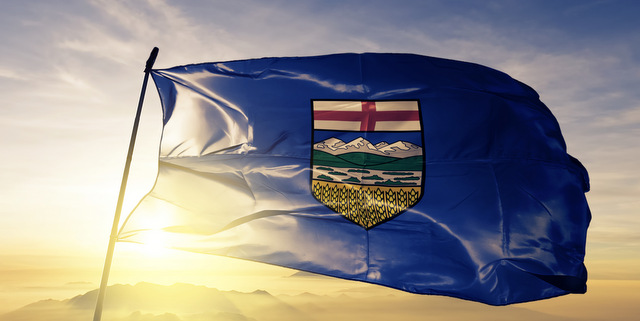
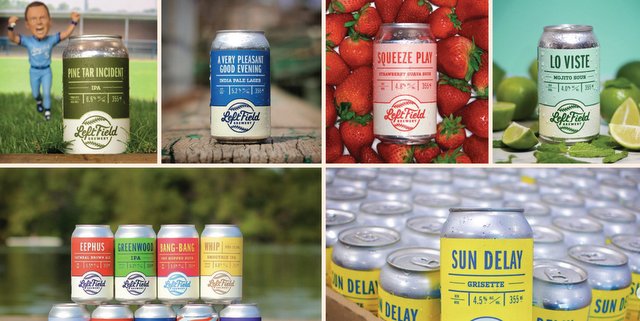
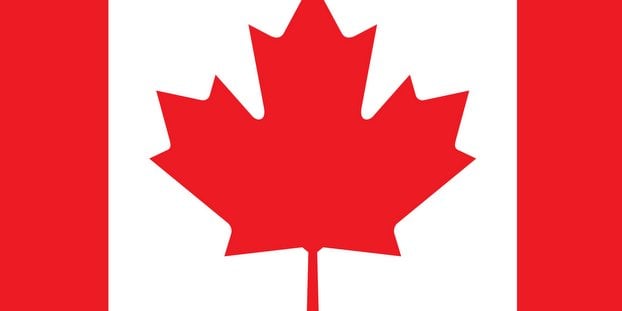
Chris Storey says
I no longer wonder why I am a homebrewer after reading for years about taxes, taxes and more taxes on beer. Every time I make beer, I save $150.00 compared to buying it from any beer store in the country. It is going to get worse and worse every year.